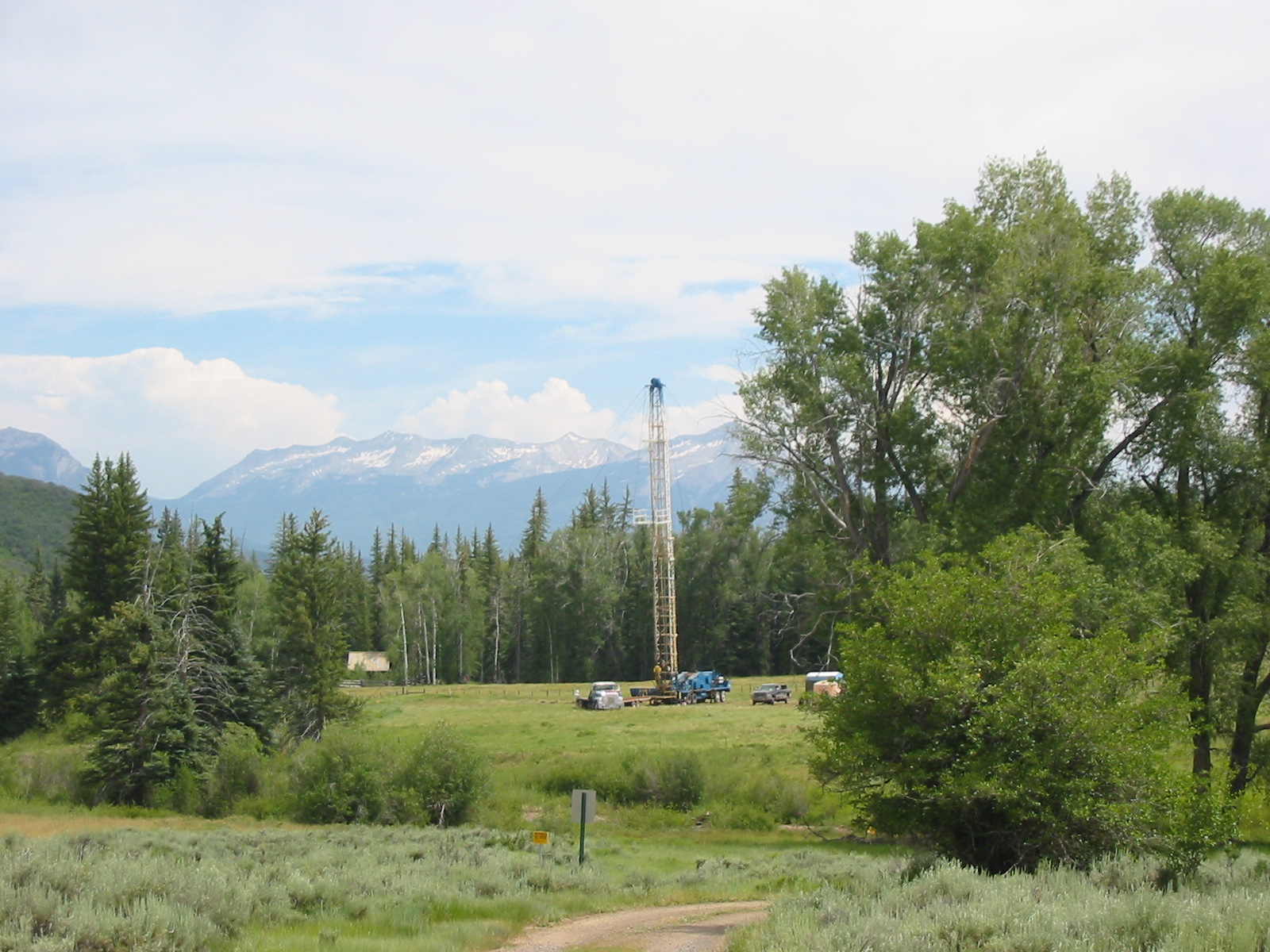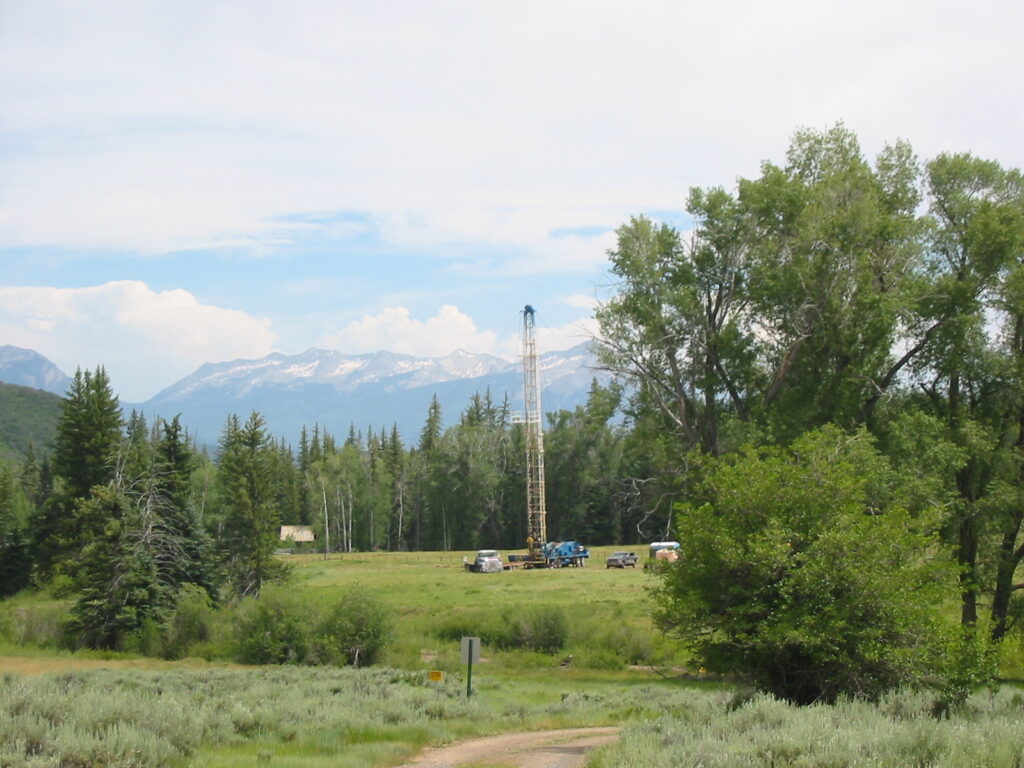

The Colorado Oil and Gas Conservation Commission (COGCC) is continuing to re-write the rules to oil and gas regulations in Colorado, as required by Senate Bill 19-181. Currently, the COGCC is considering changes to how it approaches it’s Financial Assurances for oil and gas wells, similar to a security deposit for a rental house.
Sign your name below to let the COGCC know they must pass strong statewide rules that require operators to pay the full cost of cleaning up their mess, and incentivize oil and gas operators to properly plug and abandon wells when they are no longer productive so that taxpayers aren’t left with the bill.
For more information: Energy companies have left Colorado with billions of dollars in oil and gas cleanup – High Country news
PLEASE SIGN THE FOLLOWING PETITION TO THE COLORADO OIL AND GAS CONSERVATION COMMISSION. YOUR NAME WILL BE ADDED TO A LIST OF NAMES THAT WILL BE SUBMITTED TO THE COGCC. THANK YOU FOR YOUR SUPPORT!
Colorado Oil and Gas Conservation Commission
1120 Lincoln St., Suite 801
Denver, CO 80203
Dear Commissioners,
Thank you for initiating a Financial Assurance rulemaking and for the opportunity to submit stakeholder comments during the process.
As an engaged and active citizenry concerned with our natural resources and state resources, it is important that private businesses be responsible and accountable for all aspects of their business. We are writing today to ask that you pass strong statewide rules that require operators to pay the full cost of cleaning up their mess, and incentivize oil and gas operators to properly plug and abandon wells when they are no longer productive. Because of insufficient bond levels, there is currently no incentive for operators to plug and abandon wells- it is financially more beneficial to them to delay plugging a minimally productive well indefinitely than it is to plug wells and remediate their sites.
The Colorado Oil and Gas Conservation Commission (COGCC) recently re-committed to ensuring the protection of the public health, safety, welfare, wildlife, and the environment in its regulation of the state’s oil and gas development and production. Senate Bill 19-181 required the COGCC to undertake a rulemaking to guarantee that operators are financially capable of following all regulations, including plugging and abandoning wells. The COGCC must take a hard look at the financial assurances for orphaned and abandoned wells so that taxpayers are not left on the hook for clean-up, or are subjected to the detrimental effects to public health, safety, welfare, wildlife and the environment of unmitigated abandoned wells.
The bonding requirements must also apply to wells on our public lands. As it sits now, the draft rules for Financial Assurances do not apply to wells drilled on public lands. The COGCC must also ensure that full cost bonds for every well are put in place that includes those wells that are drilled on public lands.
Across Colorado, there are 275 orphan wells and 422 associated orphan well sites according to the COGCC’s annual orphan well report, with $5 million dollars in the budget to manage these wells. The average cost of plugging a well is, on average, $82,500. Additionally, the COVID-19 pandemic and pre-existing financial issues in oil and gas companies have caused bankruptcies and worker layoffs throughout the state. During the historic mission change rulemaking in 2020, many oil and gas operators argued that any additional financial burden resulting from new rules would cause bankruptcies across the state. These poorly funded operations pose a severe risk to the state if adequate financial assurances aren’t in place to protect taxpayers.
In western Colorado, many of our wild places have already been fragmented by oil and gas wells. Roads cut through our forests and disrupt wildlife migrations. Well pads that extend deep underground threaten our already precious water resources, and endanger the livelihood of farmers and ranchers who rely on clean air and water to produce necessary and nutritious food we all rely on. We ask that the extractive industries be held accountable for restoring the land to some semblance of safety and usefulness. This clean-up should be their responsibility, not extracted from the taxpayers pocketbooks.
Thank you for assuring the public is not responsible for subsidizing poor business plans on the part of industry.
Sincerely,

We cannot support a boom and bust industry whose business plan hinges on the abandonment of responsibility.
The lack of having the people resource to monitor these wells is a major concern as well. We don’t have the water resource it requires to drill these wells either . The list is endless how they are not our good neighbor.
They take land and poison the population and nature with chemical
Socialism for the rich
Protect our beautiful environment!
Good stewardship is a Colorado value – make it so, please!
Be responsible please!
I don’t want our tax money to be wasted on the damage caused by oil and gas companies. It is their responsibility to restore the lands that have been scarred by this industry.
Operators are tenants on the land. An adequate cleanup deposit is only logical.
The extractors must be held accountable